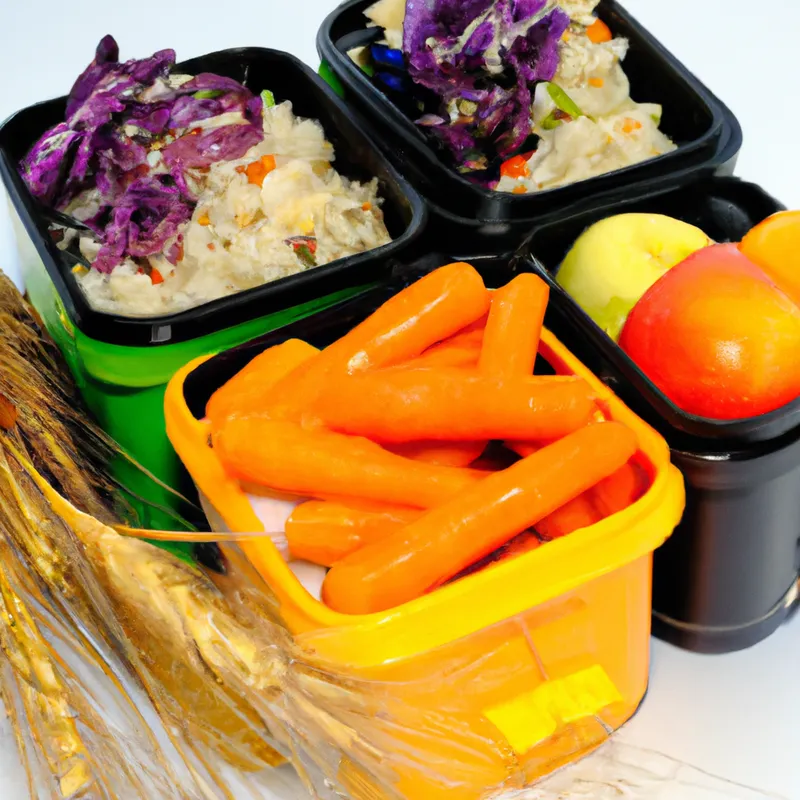Optimize Nutrition: Eat Seasonally for Peak Performance
The Advantages of Eating Seasonally for Athletes
Athletes seek ways to enhance performance through training, rest, and nutrition. Seasonal eating has gained popularity among them. This practice involves consuming foods in season within a specific region. Seasonal eating promotes health and aligns with athletes’ nutritional needs. This article explores seasonal eating benefits for athletes and offers practical incorporation tips.
What is Seasonal Eating?
Seasonal eating means consuming fruits, vegetables, and other foods during their natural growing seasons. You enjoy foods at their peak ripeness and flavor. Seasonal foods often taste better, contain more nutrients, and cost less than out-of-season options. Additionally, seasonal eating supports local agriculture and reduces transportation-related carbon emissions.
Why Seasonal Eating Matters for Athletes
Nutrition critically impacts athletes’ performance and recovery. Your food choices affect energy levels, muscle recovery, and overall health. Seasonal eating offers specific advantages for athletes:
Enhanced Nutritional Value
Foods harvested at peak ripeness contain higher levels of vitamins, minerals, and antioxidants. For example, leafy greens like kale and spinach provide essential iron for oxygen transport. Eating fresh seasonal foods maximizes nutritional benefits, supporting better training and competition performance.
Improved Energy Levels
Athletes need consistent energy supplies for peak performance. Seasonal produce includes complex carbohydrates necessary for workouts. Foods like sweet potatoes, squash, and various grains fuel sustained energy. Seasonal foods often remain less processed and free from preservatives, allowing better digestion and nutrient absorption. This leads to increased stamina and endurance.
Better Hydration
Hydration remains crucial for athletes during intense training. Seasonal fruits and vegetables, including watermelon, cucumber, and oranges, offer high water content. These hydrating foods replenish fluids lost through sweat and improve overall performance. Staying hydrated aids recovery, reducing muscle cramps and fatigue risks.
Cost-Effectiveness
Eating seasonally often proves more economical than buying out-of-season produce. Abundant seasonal foods lead to lower prices at farmers’ markets and grocery stores. This cost-effectiveness allows athletes to invest in high-quality organic produce or specialty foods. Additionally, buying in bulk during peak seasons helps save money and reduce food waste.
Tips for Eating Seasonally
1. **Know Your Seasons**: Research local growing seasons.
Conclusion
Eating seasonally benefits athletes by enhancing nutrition, energy, hydration, and cost-effectiveness. Embrace this approach for improved performance.
Below are related products based on this post:
FAQ
What is seasonal eating and why should athletes consider it?
Seasonal eating involves consuming fruits, vegetables, and other foods during their natural growing seasons. For athletes, this practice is beneficial as seasonal foods tend to be fresher, more nutritious, and often more affordable. Eating foods at their peak ripeness enhances flavor and maximizes nutritional value, supporting better performance and recovery.
How does seasonal eating impact an athlete’s energy levels?
Seasonal produce includes complex carbohydrates that are essential for sustained energy during workouts. Foods like sweet potatoes and various grains provide the necessary fuel for peak performance. Additionally, seasonal foods are typically less processed, allowing for better digestion and nutrient absorption, which can lead to increased stamina and endurance.
What are the hydration benefits of eating seasonally for athletes?
Seasonal fruits and vegetables, such as watermelon, cucumber, and oranges, contain high water content, making them excellent for hydration. Proper hydration is crucial for athletes, especially during intense training, as it helps replenish fluids lost through sweat, aids recovery, and reduces the risks of muscle cramps and fatigue.















Post Comment